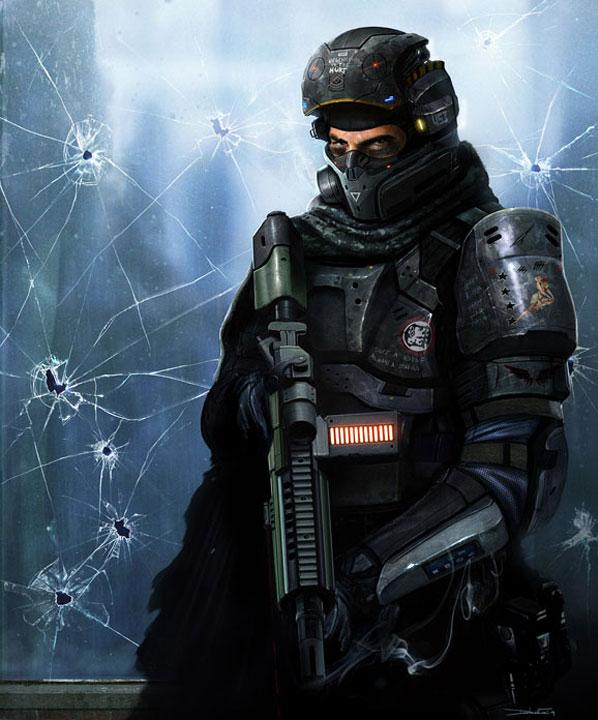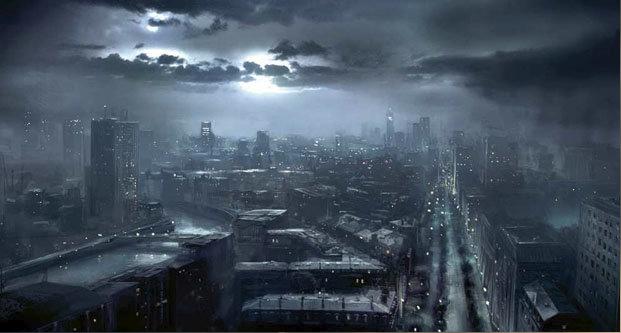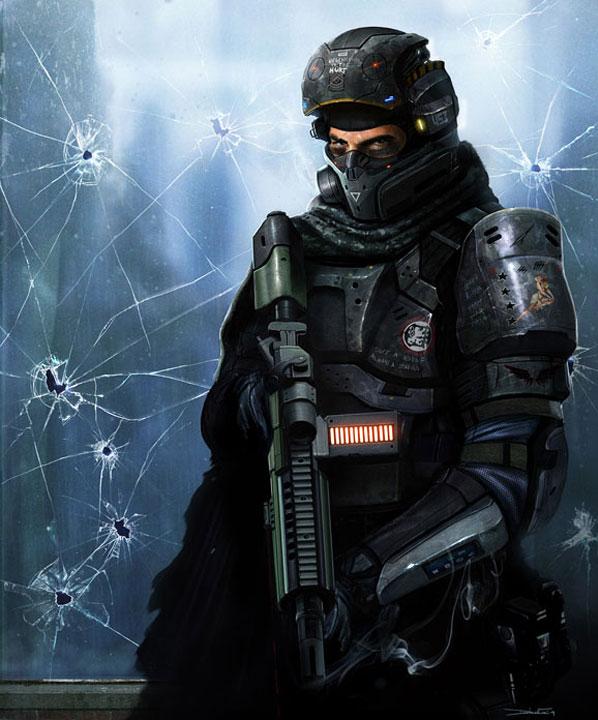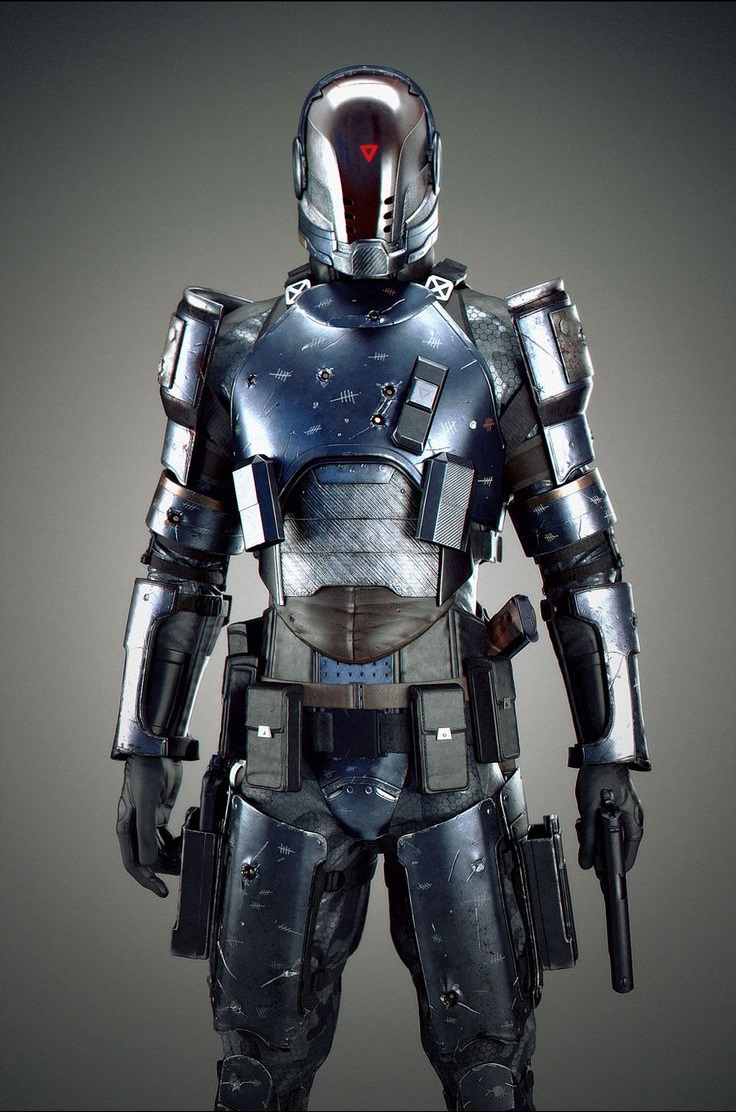
On an official level, Paradi City has a Police Department (PCPD) and a Security Department (PCSD). PCPD is mandated with the normal patrol and investigative duties one would associate with the role whereas PCSD is responsible for safeguarding strategic points of infrastructure, such as support pylons, transportation hubs, and other government facilities.
The class divide and general fear the wealthy hold for the impoverished often leads to funding referendums being passed. The court system is onerous and slow-moving, entirely unable to keep up with the influx of cases. It’s not uncommon to be arrested for a crime and wait five years for your trial. If you’re not able to bond out in that time, it’s five years service for what may have been a petty offense. The corrections departments are full of hard luck stories.
The Paradi PD is well-funded and well-equipped, with patrol, detective, civil service, tactical, traffic, and other divisions. If it were a private army, it would be the second best funded in the world. In a city of over a billion souls, they are hard taxed to respond to every call for service. Violent crimes are prioritized over property ones, so vandalism, theft, and burglary are rampant. The average response time in Paradi varies by location; in High or Upper, it averages five minutes. In Mid, it’s closer to ten minutes for a violent crime or three hours for property or petty offenses. In Lower, you’re lucky if the PD shows up at all and you can expect a long wait if they do. It’s also common in Lower to see roving tactical squads rather than the more traditional two-man cars seen in Mid, Upper, and High.
Paradi PD patrol members are armed and armored more like tactical teams than neighborhood watchmen. The department is plagued by accusations of police brutality, a less than twenty five percent solving rate on homicide, and a host of other problems. Most officers conceal their faces to protect themselves and their families from hackers who would try to access their personal information via facial recognition scans. This even further erodes the concept of ‘community policing’ and increases the wedge between people and those who are supposed to watch over them. Paradi PD uses automated drones on all levels to monitor for violations and coordinate responses. Sound systems can analyze gunshot sounds to pinpoint the origin within five feet and the numerous camera systems throughout the city virtually ensure the PD can capture a recording of the shooter. As a result, most murderers use more silent methods such as strangulation, knives, or throwing an unlucky victim in front of an oncoming train.
Paradi Security has a worse reputation than the police. An autonomous group entirely separate, PCSD watches over the city’s infrastructure. Support pylons, freight elevators, maintenance tunnels, airports, rail stations, road checkpoints, all the places where one accesses the city and its multiple layers. They also safeguard the courts and other government facilities. If the police have a reputation for brutality, security has a reputation for outright making problems disappear. Attacks or the perception of attacks, including being caught sneaking somewhere one isn’t supposed to be, is considered a terrorist act. As such, any attempt to resist or flee can legally be met with deadly force. This applies equally to someone caught trying to use a freight elevator to ascend higher than their ID allows as it does to someone who tries to blow through a checkpoint in a car. The security forces wear full body armor and helmets with optical and aural enhancements.
In theory and in popular media reports, they keep the everyday citizen safe and ensure orderly travel. In practice, security functions more like an occupying army with extremely loose ROE’s. This also varies by class and level. A wealthy resident of Upper or High Paradi who loses their ID is likely to be detained and have their name verified, then sent on their way politely. An impoverished member of Mid or Lower is likely to be detained and thrown in a holding cell until security decides their identity has checked out. Beatings are also commonplace as many security members have a very liberal idea of what constitutes ‘resisting’. Other, darker rumors hold that security will simply eliminate or dispose of those they know won’t be missed, in order to save on paperwork.
The police and security have a very strong rivalry. In what might be described as a spectacular example of the pot calling the kettle black, the police department has publicly spoken out against security tactics more than once. Each time this was done, the Superintendent of Police was replaced, so this practice has become less official and more a commonly acknowledged fact among PD members that SD is simply insane. No member of one organization will trust a member of the other and jurisdictional spats are frequent.



